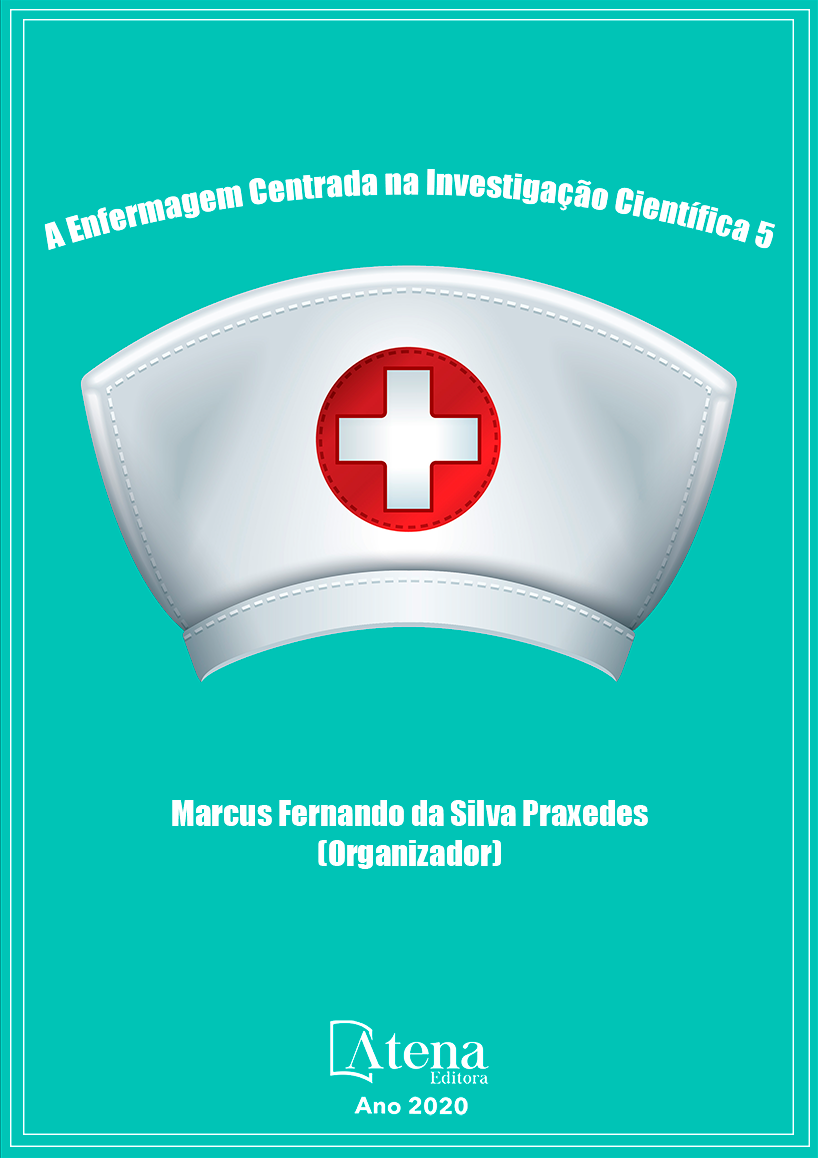
O SIGNIFICADO DA HISTERECTOMIA PARA MULHERES EM PRÉ-OPERATÓRIO À LUZ DO PENSAMENTO DE MARTIN HEIDEGGER
A histerectomia consiste no procedimento cirúrgico de retirada do útero, que, se por um lado representa a resolução de um problema biológico, por outro traz uma série de questionamentos psicoemocionais sobre a condição de ser mulher tradicionalmente presente desde os primórdios. Objetivo: Compreender o significado da mulher em pré-operatório de histerectomia. Método: pesquisa de natureza qualitativa, utilizando-se abordagem fenomenológica com o referencial de Martin Heidegger realizada em um hospital de ensino da Zona da Mata Mineira. Os depoimentos de 14 mulheres ocorreram em encontros norteados pela empatia, nos meses de agosto a outubro de 2017. Resultados: A Compreensão Vaga e Mediana, permitiu compreender a mulher e evidenciou ansiedade, preocupações e medos: da cirurgia, da anestesia e das mudanças que poderiam ocorrer após a cirurgia. Algumas revelaram tristeza e sentimento de mutilação frente a retirada do útero. A Compreensão Interpretativa desvelou que devido a necessidade cirúrgica o ser-aí-mulher apresenta diversos medos, pois a cirurgia representa aquilo que se teme, o amedrontador. A mulher então se mostra temerosa nesse momento de sua vida, vivenciando o pavor, horror e terror. Considerações Finais: o fenômeno vivenciado pela mulher em pré-operatório de histerectomia é singular, compreendido de maneira peculiar por cada uma delas. É importante ressaltar que a enfermagem tem papel fundamental no acolhimento e orientações no momento pré-operatório.
O SIGNIFICADO DA HISTERECTOMIA PARA MULHERES EM PRÉ-OPERATÓRIO À LUZ DO PENSAMENTO DE MARTIN HEIDEGGER
-
DOI: 10.22533/at.ed.98520230718
-
Palavras-chave: saúde da mulher; pesquisa qualitativa; fenomenologia; enfermagem.
-
Keywords: women's health; qualitative research; phenomenology; nursing.
-
Abstract:
Hysterectomy consists of the surgical procedure to remove the uterus, which, on the one hand, represents the resolution of a biological problem, on the other, it raises a series of psycho-emotional questions about the condition of being a woman traditionally present since the beginning. Objective: To understand the meaning of women in the preoperative period of hysterectomy. Method: qualitative research, using a phenomenological approach with the reference of Martin Heidegger carried out in a teaching hospital in Zona da Mata Mineira. The testimonies of 14 women took place in meetings guided by empathy, from August to October 2017. Results: The vague and average understanding, allowed to understand the woman and showed anxiety, concerns and fears: of surgery, anesthesia and the changes that could occur after surgery. Some showed sadness and a feeling of mutilation when the uterus was removed. The Interpretative Understanding revealed that due to the surgical need, the being-there-woman presents several fears, because the surgery represents what is feared, the frightening. The woman then appears to be fearful at that moment in her life, experiencing dread, horror and terror. Final Considerations: the phenomenon experienced by women in the preoperative period of hysterectomy is unique, understood in a peculiar way by each of them. It is important to emphasize that nursing has a fundamental role in welcoming and providing guidance in the preoperative period.
-
Número de páginas: 12
- Anna Maria de Oliveira Salimena


